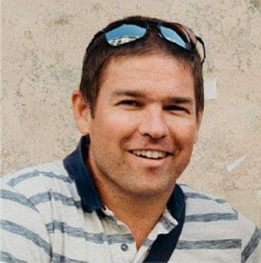Tamás Hermann graduated as an agronomist at the University of Pannonia Georgikon Faculty in 2002 and later defended his Ph.D. doctoral thesis in the field of soil quality assessment. Parallel with his Ph.D. studies he participated first in soil science and later in a geoinformatics postgraduate course. Between 2006 – 2012 he was involved in various land evaluation research projects as a research assistant at the University of Pannonia Georgikon Faculty, then between 2012 – 2015 he worked at the European Commission’s Joint Research Center (EC DG-JRC) in Italy on the topic of the assessment of Member States’ methodology for the identification of areas with significant natural constraints and he worked on the development and analysis of environmental databases. Between 2015 – 2020, he played a leading role in several domestic and international H2020 projects on topics of land qualification and precision management first as an assistant professor and then as an associate professor. In addition to software development, he also had a key role in providing social feedback on projects.
About Us
